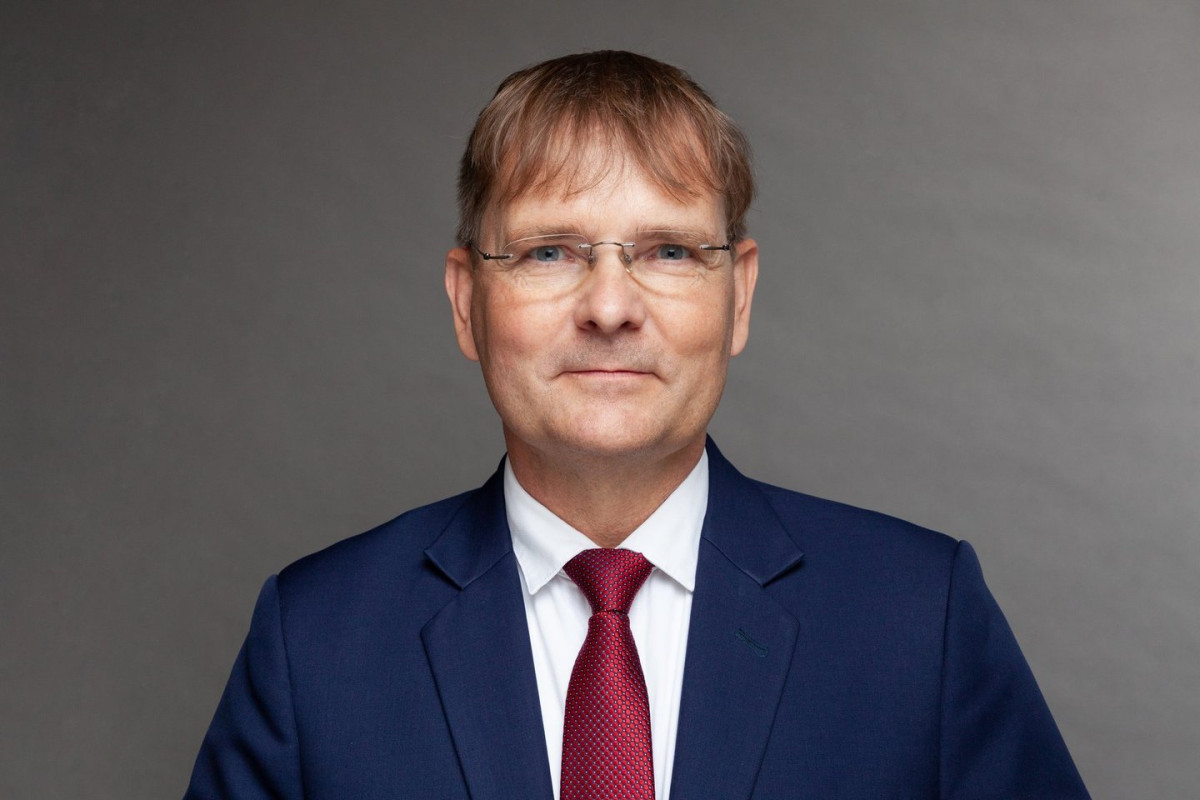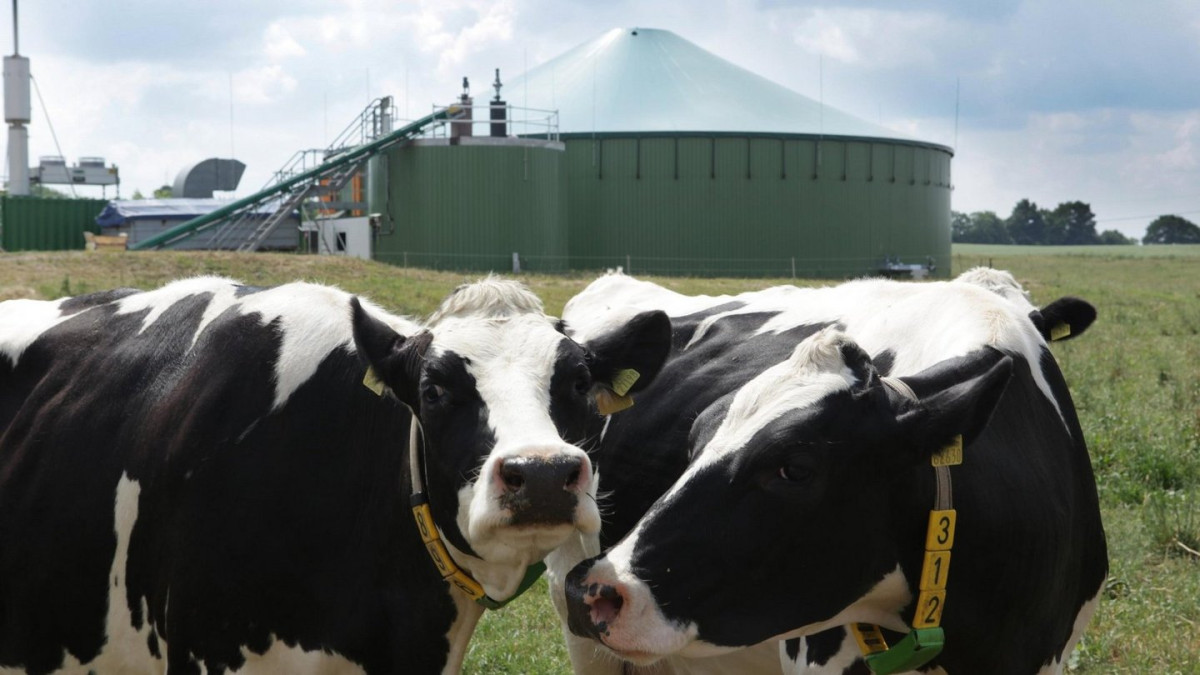Vote25: Next German gov’t must tap into renewables’ potential for ‘Dunkelflaute’ backup capacities - BEE
***Please note, this interview is part of CLEW's 2025 preview series, covering the German national election and relevant climate and energy topics in Europe. Read all interviews here.***
CLEW: The collapse of Olaf Scholz’s coalition has put an early end to the government’s energy transition and climate action policies. In its roughly three years in office, what has the government achieved in these areas?

Wolfram Axthelm: Most importantly, the coalition has managed to move Germany out of its renewables expansion slump that the country had experienced over several years. Many important policy projects were adopted in this regard that will benefit the country in the coming years, for example the wind and solar power expansion packages, the designation of land for new wind farms, faster licensing, balcony solar power plants, and more. This was no mean feat.
The outgoing government also made important progress with respect to Germany’s heating transition, where its Building Energy Law meant a real turnaround after a long debate. It provides a clear roadmap for manufacturers and for customers. We must stick to this roadmap now, and so must the next government. It must not be sacrificed by election campaign promises that increase the existing uncertainty.
All of this happened against the backdrop of consecutive crises, from the pandemic through the energy crisis to Russia’s war on Ukraine – which also highlighted the risks and costs that come from relying on fossil power sources.
Issuing licenses is only one part of the equation – how confident are you that the regulatory changes will translate into a frictionless buildout of new wind turbines and solar panels?
We will be able to implement these projects on the ground – if the conditions are right. Of course, there can always be difficulties with individual projects, for example when a motorway is closed. But I do not really see a major bottleneck that would stymie a fast-tracked renewables expansion.
Apart from its achievements in climate and energy policy, which important policy projects did the government not get across the line before the break-up?
There are several projects that should be decided quickly to avoid disruptions in the energy transition. This includes deciding on increased support for bioenergy plants, of which many could be forced to shut down in 2025 if no solution is found. It also includes laws to speed up the roll-out of geothermal energy, which could be a major step for the technology’s breakthrough, the roll-out of hydrogen infrastructure, implementing the EU’s Renewable Energy Directive (RED III) or ensuring more flexibility for using grid connection points.
The parties forming the next government might put obstacles in their own way if they don’t work towards finding a quick solution in many energy and climate policy questions. At the same time, the three former government parties should still have a majority for several of the projects they had already agreed on before the break-up. Opening entire laws again next year will lead to new uncertainty.
What about the Power Plant Security Act, which many energy industry representatives have described as a key project that should still be adopted before the election?
It is certainly necessary to find an agreement here soon, not least to keep a coal phase-out before 2038 within reach. However, it would be more important to decide on sound legislation than to adopt a framework in a hurry that ends up being more expensive and less efficient than necessary. There still is enough conventional back-up capacity available in the system to avoid supply shortages, even during severe Dunkelflaute (dark doldrums) events with very little wind and sunshine, like the one Germany experienced in early November.
At the same time, there is great untapped potential in renewable reserve capacities in the form of hydropower, biogas and other storage options. This potential should be utilised first and only then should the construction of new fossil gas-fired power plants be considered.
Beyond the snap elections in February, what other developments would you say stand out in 2025 that could influence German’s energy and climate policy progress?
A key development will be the implementation of the announced Clean Industrial Deal and thus the strengthening of the EU's competitiveness in future technologies. The decarbonisation of industry through renewable energies, investment incentives for the development and strengthening of clean tech in Europe and an ambitious interim climate target for 2040 are key components.
And there are, of course, major implications when the new U.S. administration under Donald Trump takes over in January. Joe Biden’s administration has raised the bar with its Inflation Reduction Act (IRA), which has attracted investments in renewable power and green technology thanks to subsidies and reduced bureaucracy. It is unclear what the new administration will make of it.
In any case, Europe will have to work together to improve its energy security in the changing geopolitical context – also regulating cyber security and reliable supply chains - and to make the conditions for doing business more attractive. The development of production capacities is important, it creates jobs and added value and makes us less dependent on imports. However, there is also a functioning global market, which we should of course utilise. Our goal cannot be to become completely independent of international trade.


